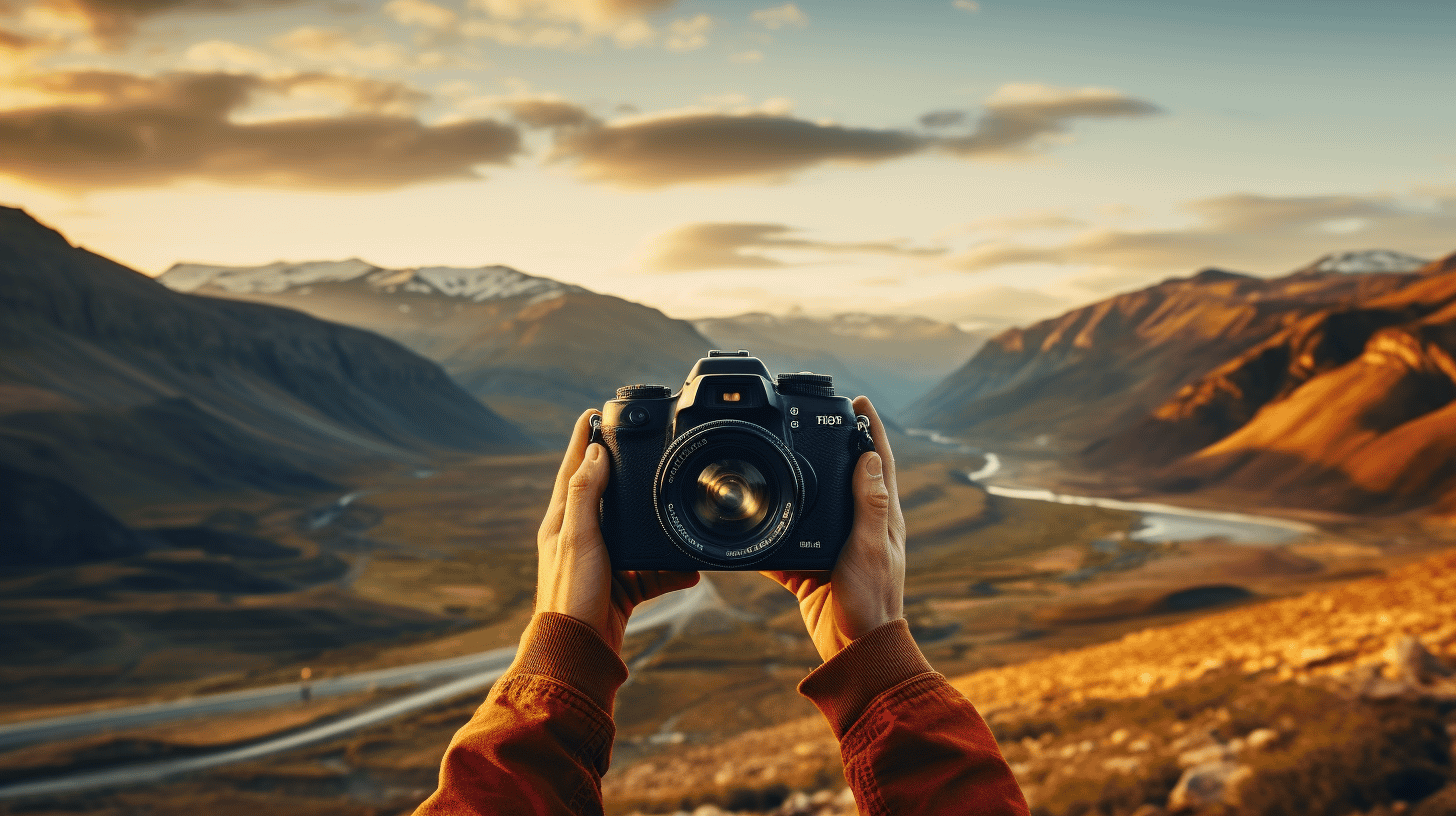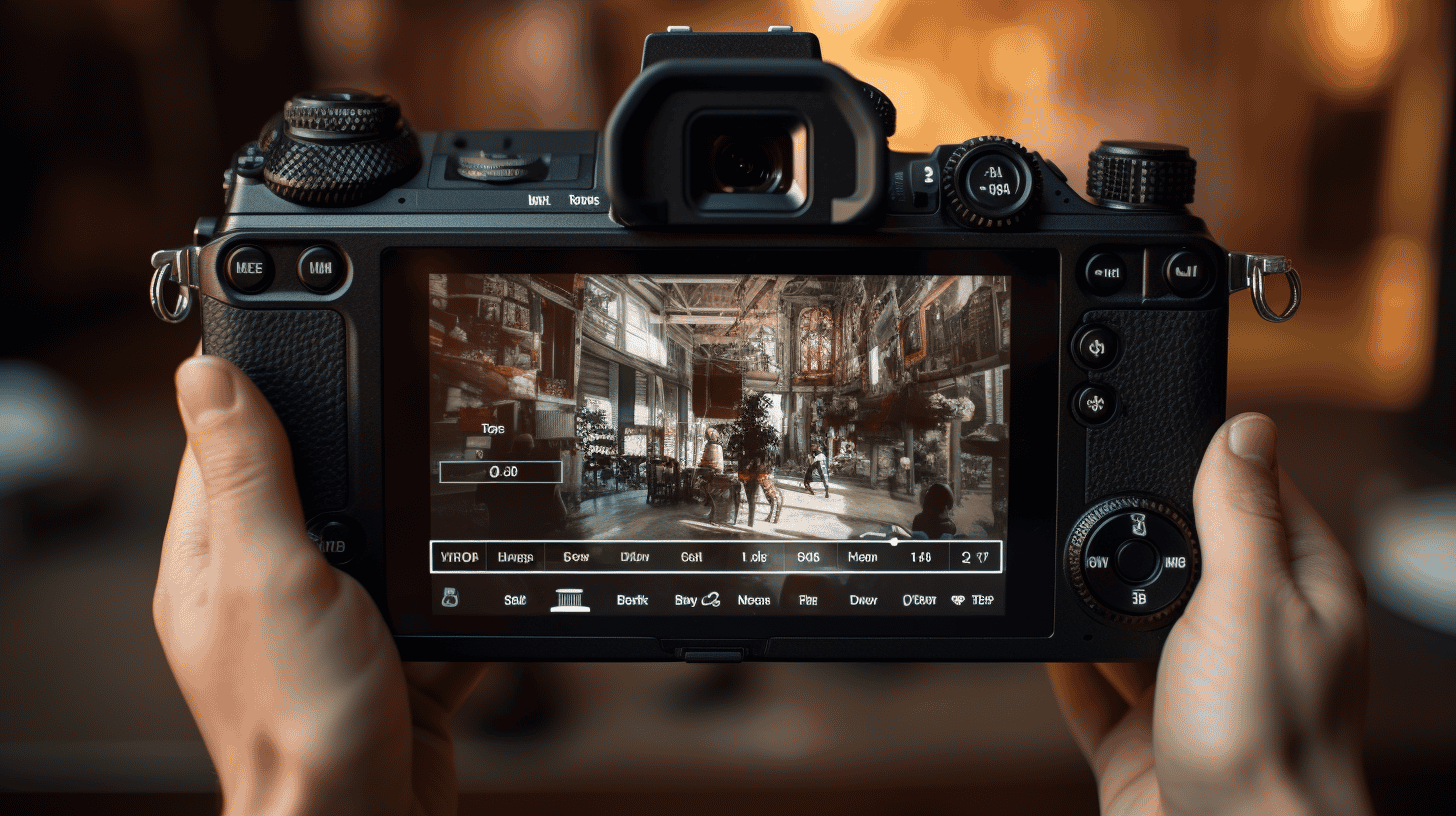In the constantly evolving world of photography, the incorporation of Artificial Intelligence (AI) systems has opened a new realm of possibilities for creative professionals. This integration of advanced technology offers an enhanced approach for photographers to capture stunning images while simplifying the workflow. In this article, we will take a closer look at what AI technology is transforming the photography industry, how it is benefiting users, and how it empowers creatives to achieve outstanding results.
Table of Contents
- Brief History of Photography and AI
- Capabilities of AI-Powered Photography Systems
- Innovative AI Systems in Photography
- Practical Applications of AI in the Photography Process
- Challenges and Future of AI in Photography
- Frequently Asked Questions
Brief History of Photography and AI
Over the past few decades, the photography landscape has undergone drastic changes, moving from analog film cameras to digital. These advancements have paved the way for camera manufacturers to implement AI technology, enhancing various aspects of digital photography. From facial recognition and autofocus systems to post-processing software, AI plays a vital role in augmenting contemporary photography techniques.
Capabilities of AI-Powered Photography Systems
Photographers nowadays can benefit from AI in numerous of ways, enabling them to unlock their full creative potential. The following are some AI-powered capabilities within these photography systems:
Higher Image Quality
AI algorithms are capable of compensating for common problems such as image noise, lighting deficiencies, and color inaccuracies, resulting in sharper images with enhanced dynamic range.
Improved Autofocus
Advanced AI-enhanced autofocus systems ensure that the subject remains in focus, even during rapid movements, allowing photographers to capture more precise and sharp images.
Faster Post-Processing
AI-powered editing tools can simplify the time-consuming task of adjusting different variables such as exposure, contrast, and color balance, making the post-processing workflow more efficient.
Automated Manipulation and Editing
Through AI, photographers can apply advanced editing techniques that previously required extensive experience and skill, such as object removal, image reconstruction, and style transfer.
Innovative AI Systems in Photography
The continuous advancements in technology have seen a surge in AI innovations intended to enhance the photography experience. Here are some notable examples:
Smartphone Cameras
Tech giants like Apple, Google, and Samsung have been implementing AI features in their smartphone cameras, enabling users to capture stunning images through computational photography.
Autonomous Drone Photography
Drones with AI capabilities can autonomously navigate complex environments and dynamically adapt to changing conditions, enabling aerial photographers to focus on composing the perfect shot.
AI-assisted Photo Editing Tools
Software programs like Adobe Photoshop and Lightroom use AI to automate various processes, allowing photographers to edit their images with greater ease and speed.
Practical Applications of AI in the Photography Process
The implementation of AI in photography workflows has streamlined tasks on both the front and back ends, pushing the creative boundaries in various fields. Listed below are some practical applications of AI in photography:
Event Photography
AI-based facial and object recognition can help event photographers better document live events by identifying and tracking essential subjects, ensuring that they do not miss capturing key moments.
Portraiture
AI-powered retouching tools accelerate the process of editing portraits, making automatic adjustments to aspects such as skin tones, blemishes, and lighting corrections.
Wildlife Photography
AI-enhanced wildlife cameras with motion detection can capture high-quality images of elusive animals in their natural environment, without disrupting their habitat.
Sports Photography
Sports photographers can utilize AI-based autofocus systems to capture fast-moving subjects during competitive events, ensuring sharp and clear images of athletes in action.
Astrophotography
Advanced AI algorithms can remove digital noise and enhance details in astrological photographs, resulting in breathtaking images of celestial bodies and events.
Challenges and Future of AI in Photography
While AI has undeniably revolutionized the photography industry, it continues to face obstacles and is poised to evolve further. Here is an overview of the challenges faced by AI in photography and the future potential of such technology:
Privacy and Ethical Concerns
As AI-based facial recognition becomes more advanced, privacy and ethical concerns about mass surveillance and data collection will likely continue to grow, necessitating guidelines and regulations in place.
Limitations in Artistic Expression
The automated nature of AI algorithms may sometimes result in a lack of artistic expression in photos, potentially leading to a homogenized style of photography. To prevent this, photographers must find the right balance between AI and personal creativity.
Continued Development and Integration
As technology progresses, the capabilities and applications of AI in photography will likely expand to cater to an ever-growing range of user needs and creative possibilities.
Frequently Asked Questions
Here are some commonly asked questions related to the role of AI in the photography world:
Is AI replacing professional photographers?
While AI can automate certain aspects of the photography process, it cannot entirely replace the unique creativity and skill set of a professional photographer. AI serves as a tool that aids professionals in capturing and creating more extraordinary images.
How does AI affect the overall cost of photography equipment?
The incorporation of AI technology and features into photography equipment may lead to an increase in costs. However, with continuous advancements and adoption by various manufacturers, it is possible that prices will gradually decrease as AI becomes more commonplace.
What are some popular AI-powered photography tools and software?
Popular AI-powered photography tools and software include Adobe Photoshop and Lightroom, Skylum Luminar, and smart camera applications on devices provided by Apple, Google, and Samsung. These tools utilize AI algorithms to enhance and optimize various aspects of the photography process.
With the amalgamation of AI in photography, creative professionals can delve into untapped opportunitiesand explore innovative techniques to enhance their work. As a result, the photography landscape is undergoing an accelerated transformation, motivating photographers to embrace advanced technologies and optimize their artistic endeavors. As AI continues to evolve, the world of photography will undoubtedly continue expanding in novel and unprecedented directions.




0 Comments